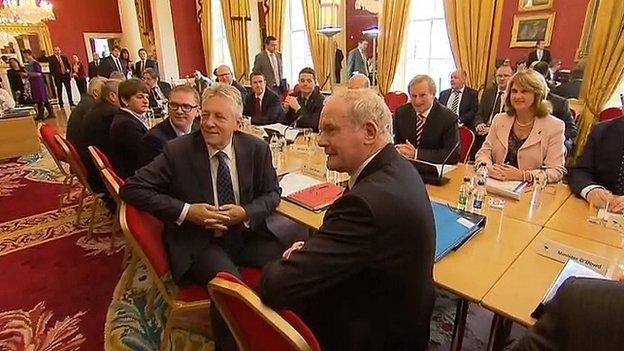Prime Ministers 'to clear diaries for NI talks'
- Published
Irish Foreign Minister Charlie Flanagan said he expected the British prime minister and taoiseach to have their diaries cleared
The British and Irish prime ministers are to clear their diaries in an attempt to broker a solution to divisive problems in Northern Ireland.
Taoiseach Enda Kenny said: "I expect to be back here in Northern Ireland next week with the prime minister."
The talks concern disputes on flags, parades, the legacy of the Troubles and welfare reform.
First Minister Peter Robinson said the Northern Ireland talks were about to become more intense.
Deputy First Minister Martin McGuinness said that Prime Minister David Cameron was "not a neutral observer" in the talks process, but "a key player".
Mr Kenny said he hoped the "possibilities that are now on the table can be moved forward to an acceptable conclusion".
The political leaders were speaking following the North South Ministerial Council conference on Friday.
Irish foreign minister Charlie Flanagan said the next week would be a "crucial" one for the talks.
"I believe it is incumbent on everybody to ensure that, in rugby parlance, we bring matters over the line," he said.
Mr Robinson said: "It is necessary to intensify the talks process to a level that has not yet occurred.
"I have asked my officials to clear my diary over the next 10 days.
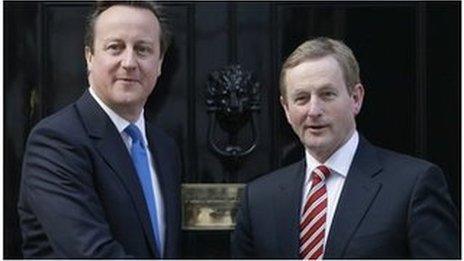
Prime Minister David Cameron and Irish Prime Minister Enda Kenny have been asked to clear their diaries
"If we have not broken the back of the process then, I believe it will be very difficult to do so before Christmas. If it is not done before Christmas, it will not be done before the UK general election."
Northern Ireland Secretary Theresa Villiers said: "We should not let this chance slip through our fingers.
"Over the past week, there has been encouraging input by all participants, but there still remains much to be done.
"I recognise that we are working through some extremely sensitive issues, but it is imperative that all the parties continue to engage positively in the interests of bringing about stable and effective government for all in Northern Ireland."
'Progress made'
Mr Flanagan said that a significant degree of progress had been made in the talks over a wide range of issues, including the immediate problem of whether to implement welfare cuts handed down from Westminster.
Unlike the rest of the UK, reductions to the welfare budget have not been implemented in Northern Ireland.
Sinn Féin remains resolutely opposed to introducing the cuts, while the DUP maintains that the consequent reduction in Northern Ireland's block grant means that there is no choice. The shortfall is estimated at £200m.
On Thursday, Mr Robinson warned that the devolved assembly could fall if the current talks process ends without agreement.
A previous effort to find new mechanisms to deal with the flying of flags, parades, and the legacy of the conflict ended without agreement last Christmas.
Sinn Féin has tabled a paper calling for a Peace Investment Fund to be created.
Mr McGuinness has suggested that contributions could be requested from UK, Ireland, the European Union and the USA.
Abuse inquiry
Meanwhile, government officials on both sides of the Irish border are to assess issues around a potential cross-border inquiry into IRA sex abuse.
Justice Minister David Ford and his counterpart in Dublin Frances Fitzgerald said a "scoping exercise" would examine the "legal, procedural and constitutional" complexities of such a move.
The Irish government has called for an all-Ireland inquiry to examine allegations that the IRA moved some abusers across the border from Northern Ireland during the Troubles to evade justice.
Last month, Mr Ford said he would not be willing to contemplate such an inquiry until other separate investigations into linked issues ran their course.
He and Ms Fitzgerald held discussions on the matter at the North South Ministerial Council on Friday.
- Published31 December 2013
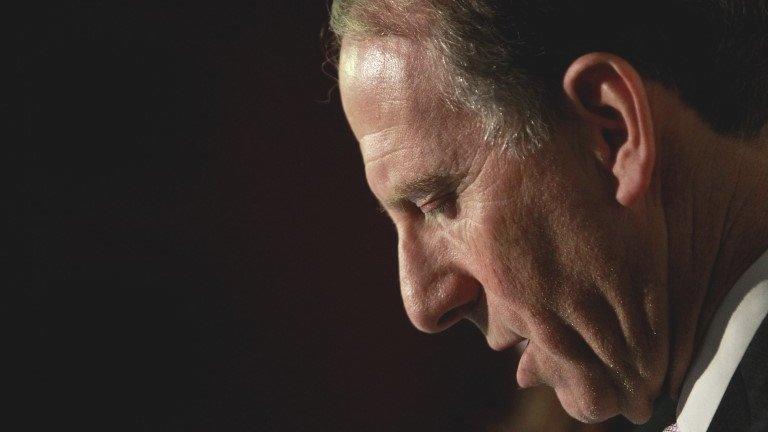
- Published24 September 2014
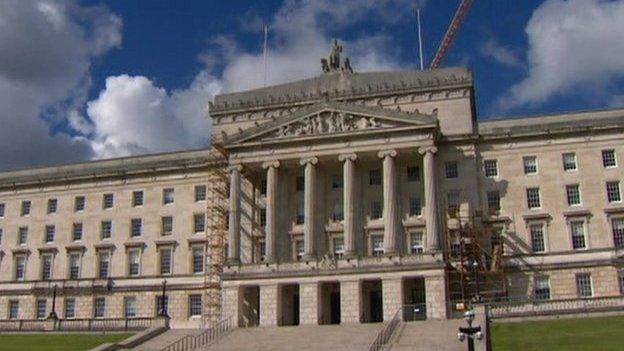
- Published12 December 2014
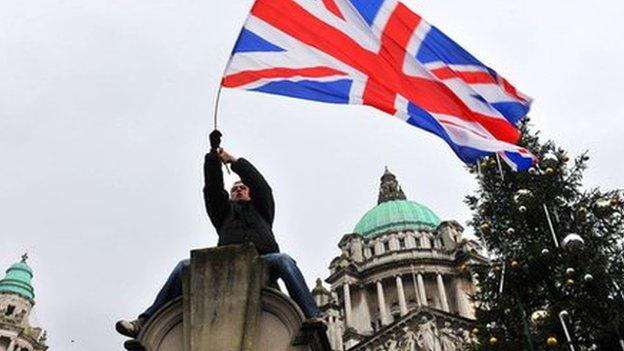
- Published3 October 2014
